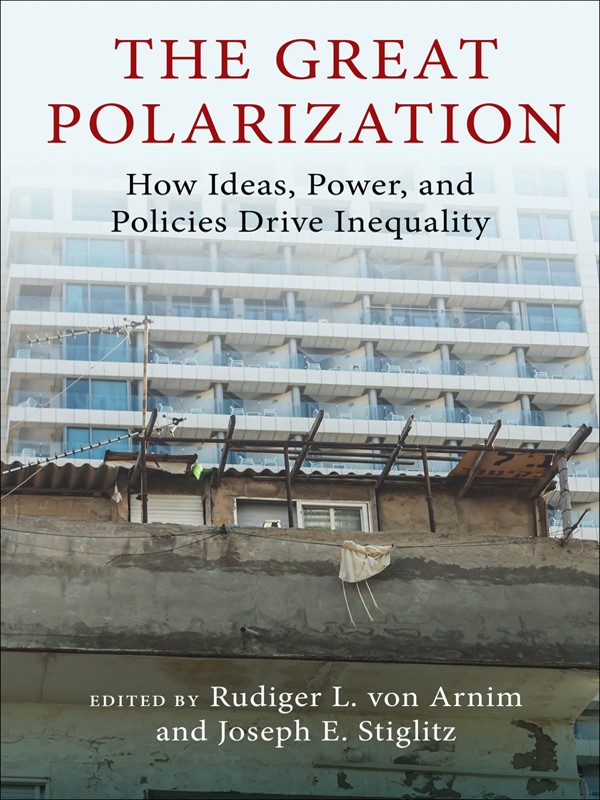

Most ebook files are in PDF format, so you can easily read them using various software such as Foxit Reader or directly on the Google Chrome browser.
Some ebook files are released by publishers in other formats such as .awz, .mobi, .epub, .fb2, etc. You may need to install specific software to read these formats on mobile/PC, such as Calibre.
Please read the tutorial at this link: https://ebookbell.com/faq
We offer FREE conversion to the popular formats you request; however, this may take some time. Therefore, right after payment, please email us, and we will try to provide the service as quickly as possible.
For some exceptional file formats or broken links (if any), please refrain from opening any disputes. Instead, email us first, and we will try to assist within a maximum of 6 hours.
EbookBell Team

4.8
94 reviewsInequality of income and wealth has skyrocketed since the 1970s. As the super-rich have grasped the vast majority of the gains from economic growth, labor's share of income has declined. The middle class has stagnated, and those at the bottom have become even worse off. Persistent structural discrimination on the basis of race and gender exacerbates these economic disparities.
The Great Polarization brings together scholars from disparate fields to examine the causes and consequences of this dramatic rise in inequality. Contributors demonstrate that institutions, norms, policy, and political power—not the "natural" operation of the market—determine the distribution of wealth and income. The book underscores the role of ideas and ideologies, showing how neoclassical economics and related beliefs have functioned in public debates to justify inequality. Together, these essays bear out an inescapable conclusion: inequality is a choice. The rules of the economy...
Inequality of income and wealth has skyrocketed since the 1970s. As the super-rich have grasped the vast majority of the gains from economic growth, labor’s share of income has declined. The middle class has stagnated, and those at the bottom have become even worse off. Persistent structural discrimination on the basis of race and gender exacerbates these economic disparities.